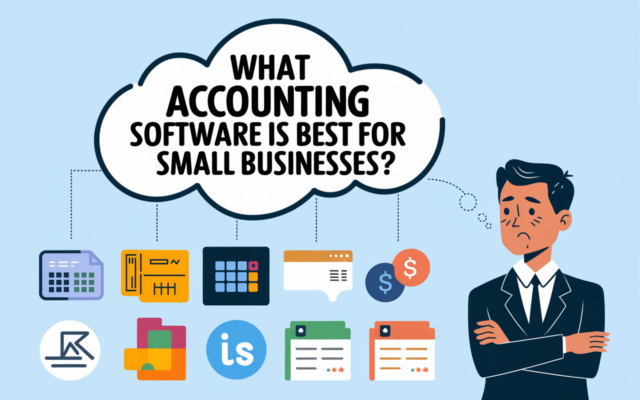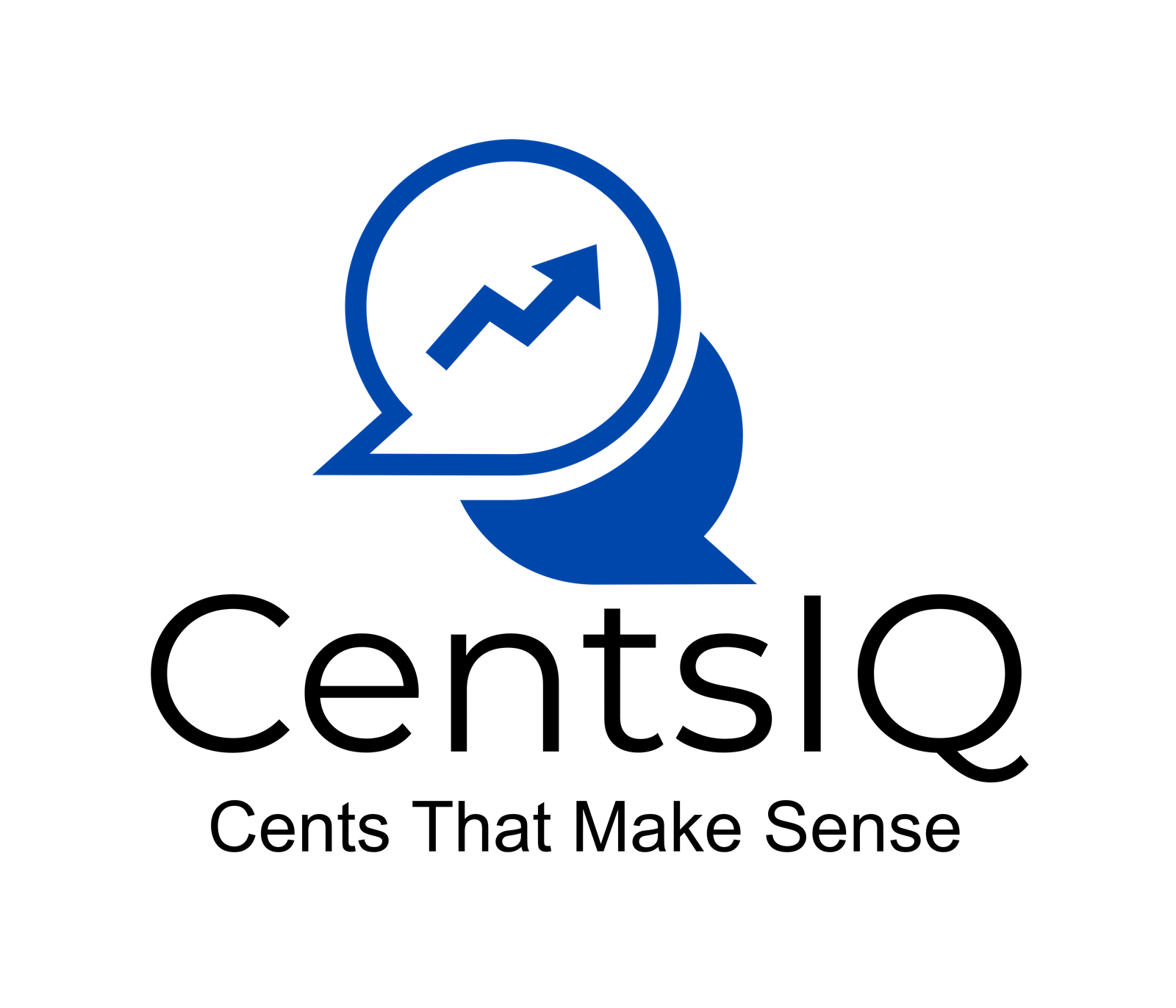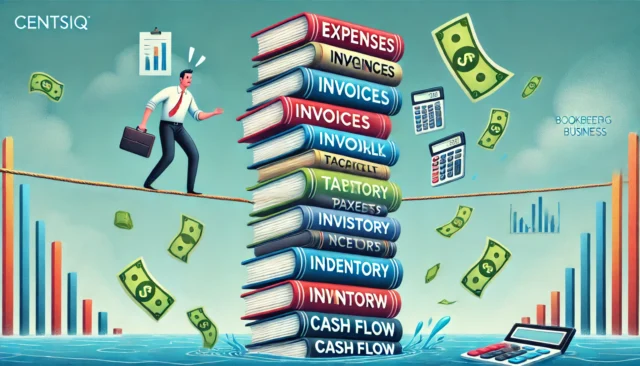
What Accounting Software Is Best for Small Businesses? Exploring Top Accounting Platforms
Are you a small business owner wondering, “What accounting software is best for small businesses?” Choosing the right accounting platform is essential for managing your financial health effectively. Accounting platforms are software tools that help businesses manage their financial records seamlessly. These platforms automate accounting tasks, making it easier to track income, expenses, and generate insightful financial reports.
In this guide, we’ll introduce you to the best accounting software options tailored for small businesses. By leveraging these tools, you can streamline your financial processes, save time, and focus more on growing your business.
Table of Contents
- 1 2025 Top Accounting Platforms for Small Business
- 2 Key Features of Accounting Platforms
- 3 Choosing the Right Accounting Platform
- 4 Benefits of Using Accounting Platforms
- 5 Integration Capabilities
- 6 Cloud-based vs. Desktop Accounting Software
- 7 Security Considerations
- 8 Customization Options
- 9 Mobile Accessibility
- 10 Customer Support and Resources
- 11 Pricing Models
- 12 Scalability
- 13 Reporting Capabilities
- 14 Conclusion
2025 Top Accounting Platforms for Small Business
QuickBooks
QuickBooks is a widely used accounting platform. It offers:
- User-friendly interface
- Suitable for small to medium-sized businesses
- Comprehensive accounting features
Many businesses choose QuickBooks for its ease of use and extensive functionality.
Xero
Xero is known for:
- Strong reporting capabilities
- Easy-to-use interface
- Popular among small business owners
Xero’s user-friendly design makes it a top choice for many small businesses.
FreshBooks
FreshBooks specializes in:
- Invoicing
- Time tracking
- Ideal for service-based businesses
Freelancers and small agencies often prefer FreshBooks for its focus on invoicing and project management.
Wave Accounting
Wave Accounting offers:
- Free basic accounting features
- Invoicing tools
- Good for startups and small businesses on a budget
Many small businesses and startups choose Wave for its free basic plan.
Sage Business Cloud
Sage Business Cloud provides:
- Comprehensive accounting features
- Suitable for larger businesses
- Detailed financial management capabilities
Larger businesses often select Sage for its advanced features and scalability.
Key Features of Accounting Platforms
- Invoicing: Create and send invoices automatically.
- Expense Tracking: Record and categorize expenses easily.
- Report Generation: Create financial reports like profit and loss statements and cash flow reports.
- Bank Reconciliation: Match bank statements with internal records automatically.
- User Access Control: Manage permissions for team members and stakeholders.
Choosing the Right Accounting Platform
Consider these factors when selecting an accounting platform:
Business Size
- Small businesses may prefer simpler platforms like Wave
- Larger companies might choose QuickBooks or Sage for more features
Industry Needs
- Service-based businesses often benefit from platforms like FreshBooks
- Retail businesses might need stronger inventory management features
Budget Considerations
- Consider subscription fees and costs for additional features
- Free options like Wave can be good for startups with limited budgets
Benefits of Using Accounting Platforms
- Time Savings: Automate repetitive tasks and reduce manual data entry.
- Accuracy: Reduce human errors in financial calculations and data entry.
- Real-time Financial Insights: Access up-to-date financial information anytime.
- Improved Compliance: Stay compliant with tax regulations and reporting requirements.
- Better Decision Making: Use financial reports to make informed business decisions.
Integration Capabilities
Many accounting platforms integrate with other business tools:
- Payment processors
- E-commerce platforms
- Customer Relationship Management (CRM) systems
- Payroll software
These integrations streamline data flow between different business systems.
Cloud-based vs. Desktop Accounting Software
Cloud-based Accounting Platforms
Advantages:
- Access from anywhere with internet connection
- Automatic updates and backups
- Easy collaboration with team members and accountants
Examples: QuickBooks Online, Xero, FreshBooks
Desktop Accounting Software
Advantages:
- One-time purchase (no recurring subscription)
- Works without internet connection
- More control over data storage
Examples: QuickBooks Desktop, Sage 50
Security Considerations
When using accounting platforms, consider these security measures:
- Data Encryption: Ensure the platform uses strong encryption for data transmission and storage.
- Regular Backups: Choose platforms that offer automatic data backups.
- User Authentication: Use strong passwords and enable two-factor authentication.
- Access Controls: Set up proper user roles and permissions.
Customization Options
Many accounting platforms offer customization features:
- Custom report templates
- Personalized invoices
- Tailored chart of accounts
- Industry-specific modules or add-ons
Mobile Accessibility
Most modern accounting platforms offer mobile apps, allowing users to:
- Create and send invoices on-the-go
- Capture receipts using smartphone cameras
- Check financial reports from mobile devices
- Approve expenses or payments remotely
Customer Support and Resources
When choosing an accounting platform, consider the available support options:
- Live chat or phone support
- Knowledge base and tutorials
- Community forums
- Dedicated account managers (for higher-tier plans)
Pricing Models
Accounting platforms typically offer different pricing tiers:
- Free Plans: Basic features for very small businesses or startups (e.g., Wave)
- Subscription-based Plans: Monthly or annual fees based on features and number of users
- Pay-per-use: Some platforms charge based on the number of transactions or clients
- Enterprise Plans: Custom pricing for large businesses with specific needs
Scalability
Choose an accounting platform that can grow with your business:
- Start with basic features and upgrade as needed
- Ensure the platform can handle increasing transaction volumes
- Look for options to add users or integrate with other systems as your business expands
Reporting Capabilities
Robust reporting features are essential for effective financial management:
- Standard financial reports (balance sheet, income statement, cash flow statement)
- Customizable reports
- Visual representations (charts and graphs)
- Export options (PDF, Excel, CSV)
Conclusion
Selecting the right accounting platform is crucial for efficient financial management. Businesses should evaluate their specific needs, budget constraints, and the features offered by different platforms to make an informed decision. Popular options like QuickBooks, Xero, FreshBooks, Wave Accounting, and Sage Business Cloud offer a range of features to suit various business sizes and industries. By choosing the appropriate accounting platform, businesses can streamline their financial processes, gain valuable insights, and make better-informed decisions.
Searching for reliable bookkeeping services near you in Seattle? Look no further than CentsIQ! We specialize in expert bookkeeping solutions tailored for local businesses. Contact us today to streamline your finances and focus on what you do best.







